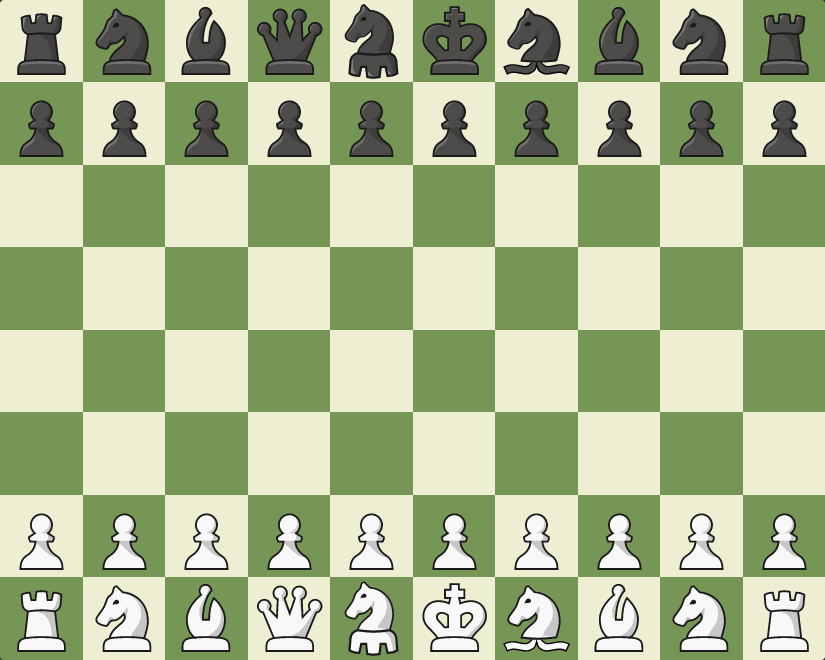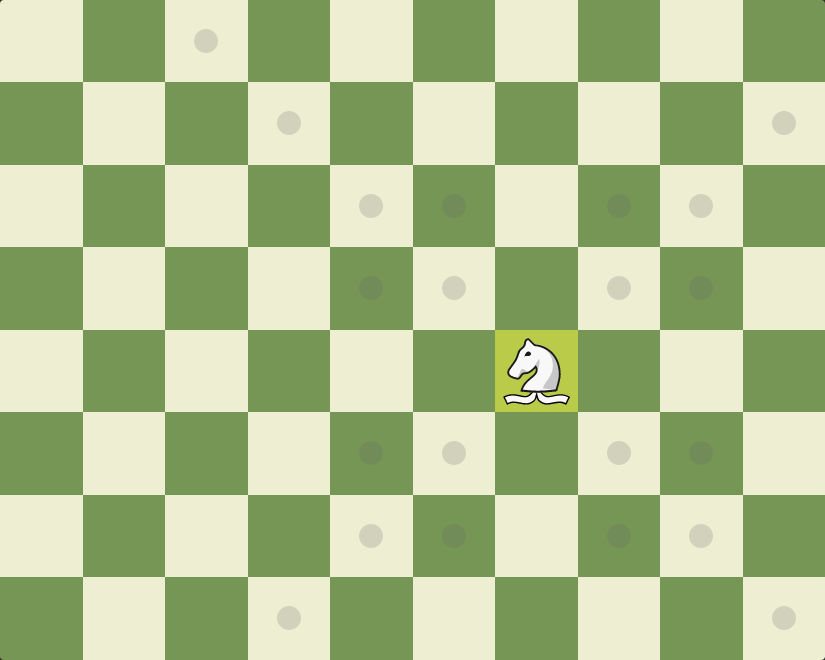
Gothic Chess
If you'd like to take a break from regular chess and add a twist to it, Gothic Chess is the way to go. With new pieces and a larger board, you're sure to have a good time with this exciting variant.
Here's what you need to know about Gothic Chess:
- What Is Gothic Chess?
- What Are The Rules To Gothic Chess?
- How To Play Gothic Chess Online
- Conclusion
What Is Gothic Chess?
Gothic Chess is a chess variant proposed by American inventor Ed Trice in 2000. According to Trice, Gothic Chess improves upon other variants like Capablanca Chess and Bird's Chess.

What Are The Rules To Gothic Chess?
Gothic Chess has two main differences from standard chess. The first is that this game adds two new pieces to the chess army, the archbishop and the chancellor.
The archbishop has the combined movements of the bishop and the knight. When moving like a knight, it can jump over other pieces, but it can't hop over obstacles when moving like a bishop.

The chancellor combines the movements of the rook and knight. Like the archbishop, the chancellor can only jump over other pieces when moving like a knight.

The second difference comes in the board's size. Trice utilized a 10x8 board to accommodate the new pieces—much like his predecessors, Henry Bird and Jose Raul Capablanca.
Trice's improvement over Capablanca Chess and Bird's Chess variants lies in the initial setup of the pieces. In Gothic Chess, none of the pawns are undefended at the beginning of the game. According to Trice, this flaw is present in all other variants of this kind, unbalancing the game in White's favor.
Trice achieved this by using a starting setup similar to Bird's Chess but swapping the queen and chancellor's initial squares.

How To Play Gothic Chess Online
If you want to try this exciting variant, you can find it on our Variants page. Once you're there, you have to select the "Historic" tab and click on Gothic Chess.

Conclusion
You now know what Gothic Chess is, its rules, and how to play it online. Click the button below and test your skills handling the two new pieces on a larger board!







